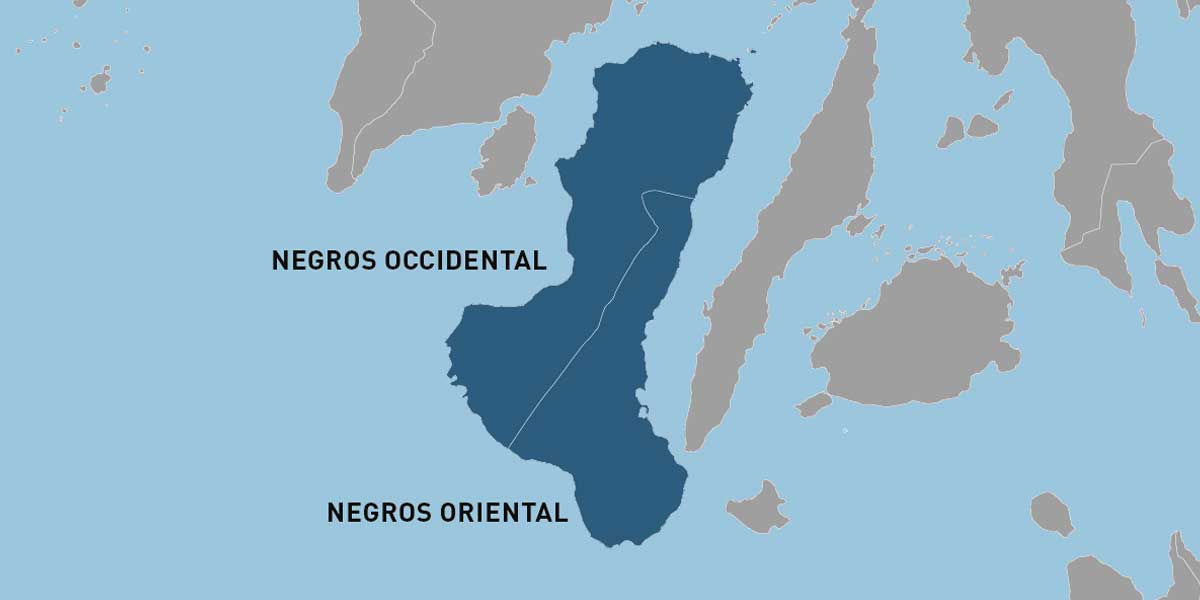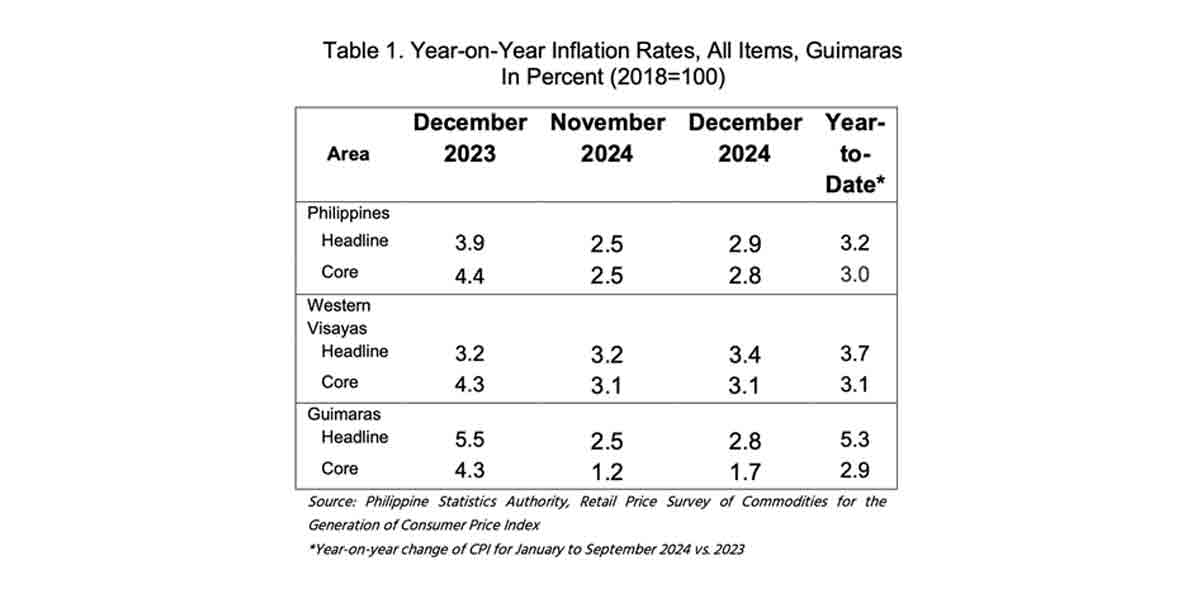By Joshua Corcuera
Annually, December 10 is recognized globally as Human Rights Day—dedicated to remembering that day in 1948 where the Universal Declaration of Human Rights was adopted and proclaimed. Coincidentally, the Nobel Peace Prize would be awarded on that same date which will be received by journalists Maria Ressa and Dmitry Muratov for this year. But, what is the Universal Declaration of Human Rights that we commemorate on this day?
The Universal Declaration of Human Rights (UDHR) was ratified on December 10, 1948. During the Second World War, the Allied Powers—which if you remember in your history class includes the United States and the United Kingdom—has adopted the “Four Freedoms” as their basic objectives during that time. These four freedoms are namely: freedom of speech, freedom of religion, freedom from fear, and freedom from want.
After the war, the newly founded United Nations created the United Nations Commission on Human Rights which had 18 members whose backgrounds—political, religious, and national—vary. This is to create the perception that such commission is genuinely representative of all of humanity and not biased towards a certain race or religion at the expense of others.
Over two years, there were two sessions held by the commission in coming up with the UDHR. There were discourses and discussions in coming up with the document; Malik of Lebanon and Cassin of France were alleged to have added pro-family phrases in the declaration, for instance. Moreover, Malik was a Christian theologian whose background may have had an impact; but, Chang of the Republic of China (the predecessor of the current People’s Republic of China) urged avoiding religious references to avoid divisions.
In 1948, comments and suggestions of member states were heard together with other international organizations. Mehta of India suggested, for instance, that the UDHR assert that all human beings, instead of all men, are created equal so as to create a document that advances the cause of gender equality.
The general assembly of the United Nations adopted the UDHR on December 10, 1948 in Paris. 48 out of 58 UN members at the time voted in favor of the document with none against. There were 8 abstentions, however, while Honduras and Yemen failed to vote or abstain.
What is impressive in arriving with this declaration advancing the cause of human rights is the fact that nations from a wide variety managed to agree on something—especially after a devastating war that claimed the lives of tens of millions. This, despite criticisms towards the UDHR especially with what some perceive as an alleged Western bias of the document. Yet, the UDHR deserves credit for expressing the conscience of humanity. Eleanor Roosevelt, former first lady of the United States, said that “[the UDHR] may well become the international Magna Carta of all men everywhere.”
More than seven decades later, however, issues concerning human rights remain common and widespread, including here in the Philippines. For instance, freedom from poverty and inequality remains elusive for many especially in the countryside. Crime remains a problem especially in urban areas where slums and red-light districts are often found. And the-powers-that-be are involved in allegations of intimidating and harming critics who fight for certain good causes from fighting corruption to resisting abuse of power.
In recognizing and remembering Human Rights Day this coming December 10, we must also acknowledge our shortcomings in protecting the lives, rights, and livelihoods of our fellow human beings and do something about it.





















